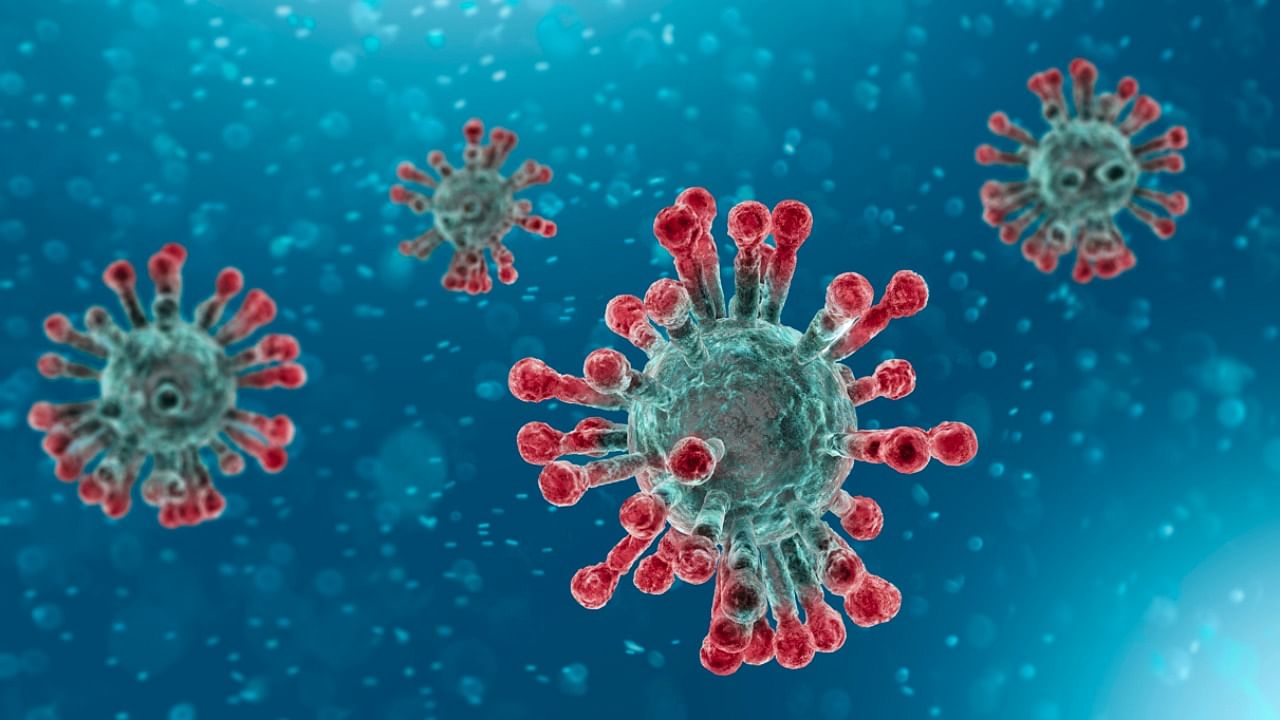
A network of 10 government research laboratories, established nearly three months ago, has sequenced just under 11,000 Covid-19 positive samples instead of the original target of more than 50,000 such samples by now.
When the central government in December announced creation of the Indian SARS-CoV-2 Genomics Consortium (INSACOG) by stitching together 10 biology laboratories, the plan was to carry out genome sequencing of 5% of all Covid-19 positive samples for a comprehensive genomic surveillance of the population at large and a section of international travellers.
Going by that plan, the consortium should have sequenced more than 50,000 genomes by now. Instead it has mapped 10,787 virus genomes, which is not enough to conclude whether the current surge is associated with any variant of the novel coronavirus.
The network’s accomplishment so far is nowhere near the target set by the government though, health officials say, it is an improvement from the abysmally low level of sequencing that was being carried out before the formation of INSACOG.
Scientists and government officials told DH that the consortium was yet to receive the government funding – to be released by the Department of Biotechnology.
The laboratories are currently using their internal resources for the work, but they need funds to scale up as each sequencing cost nearly Rs 5000.
“We need the money to buy the chemicals and consumables as well as to hire manpower for data processing,” director of one of the laboratories told DH.
Also, Pune-based National Institute of Virology, one of the consortium members, refused to share its sequences with other partners in the consortium, triggering an unforeseen challenge.
“I don’t understand why they (NIV) don’t want to share the information,” observed one senior scientist. “INSACOG operations would take time to stabilise such programmes are built on the principles of cooperation,” said another consortium scientist.
The scientists said the consortium offered a provisional diagnosis for the current surge in Maharashtra and Punjab. But more studies are needed to determine whether the provisional diagnosis would hold.
“Though three variants of concerns (UK, South Africa and Brazil) and a new double mutant variant have been found in India, these have not been detected in numbers sufficient to either establish or direct relationship or explain the rapid increase in cases. Genomic sequencing and epidemiological studies are continuing to further analyze the situation,” the Union Health Ministry said in a statement on Wednesday.
Meanwhile, the number of fresh cases on Thursday touched a new high of 53,476 with Maharashtra accounting for the lion’s share (31,855) of such cases. India also reported 251 Covid-19 deaths in the last 24 hours. The total number of Covid-19 active cases is now just short of four lakhs.
